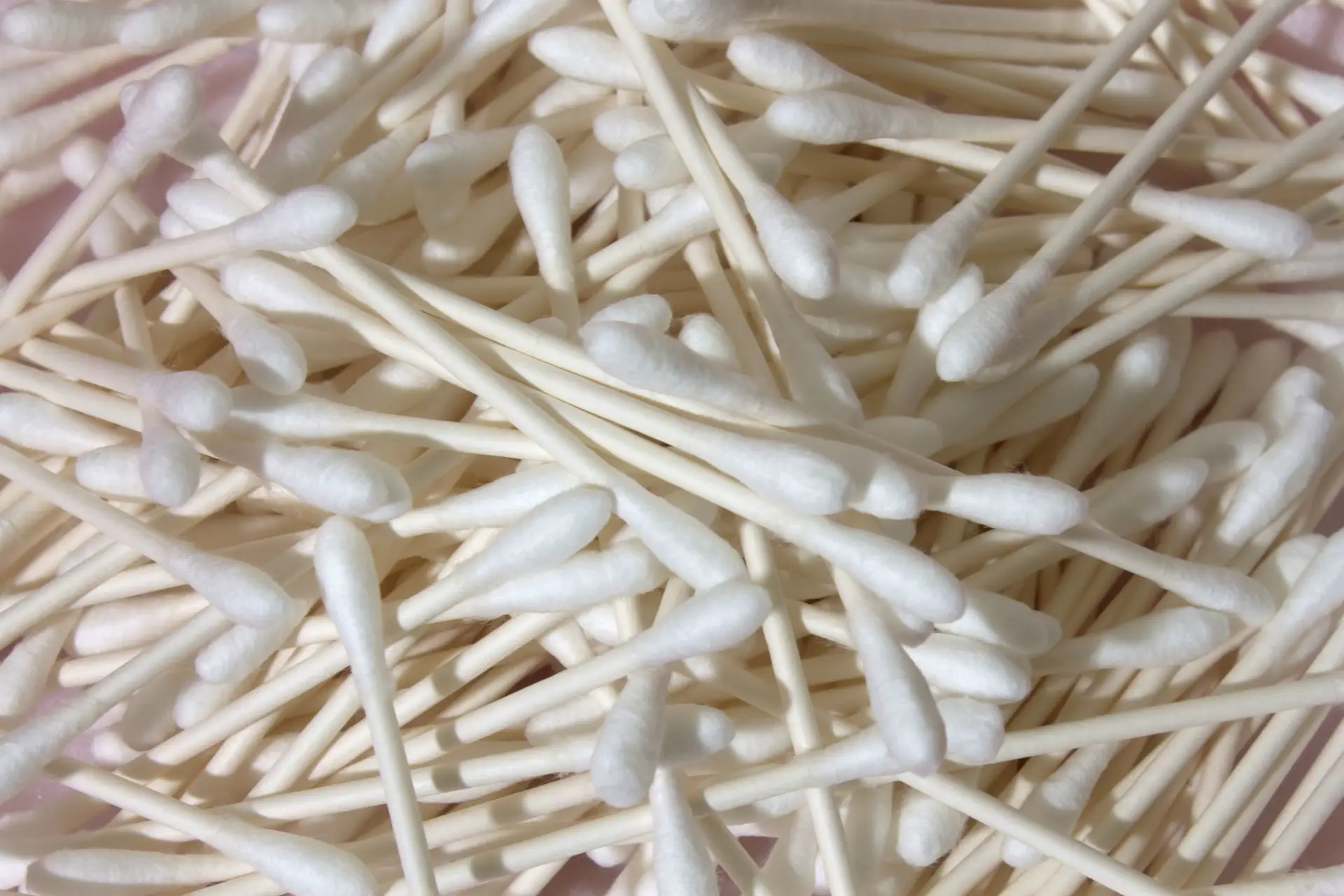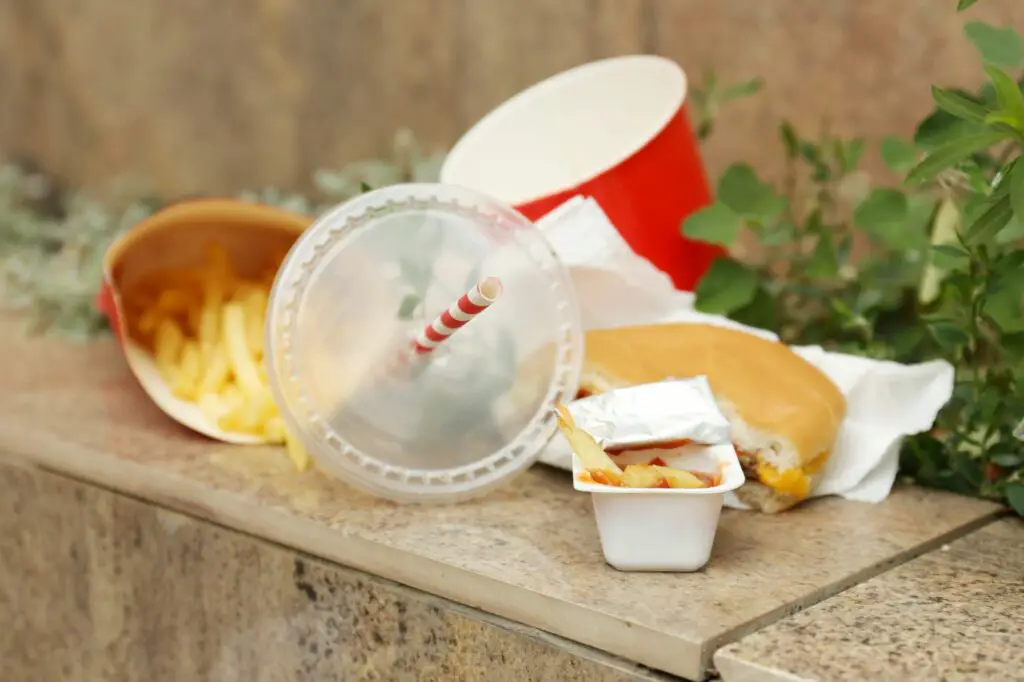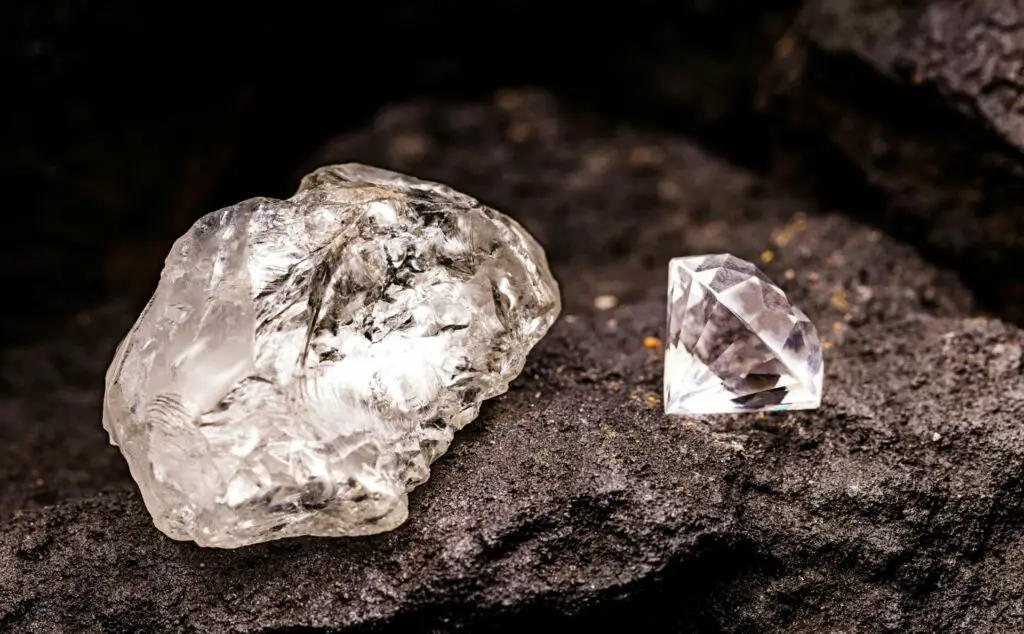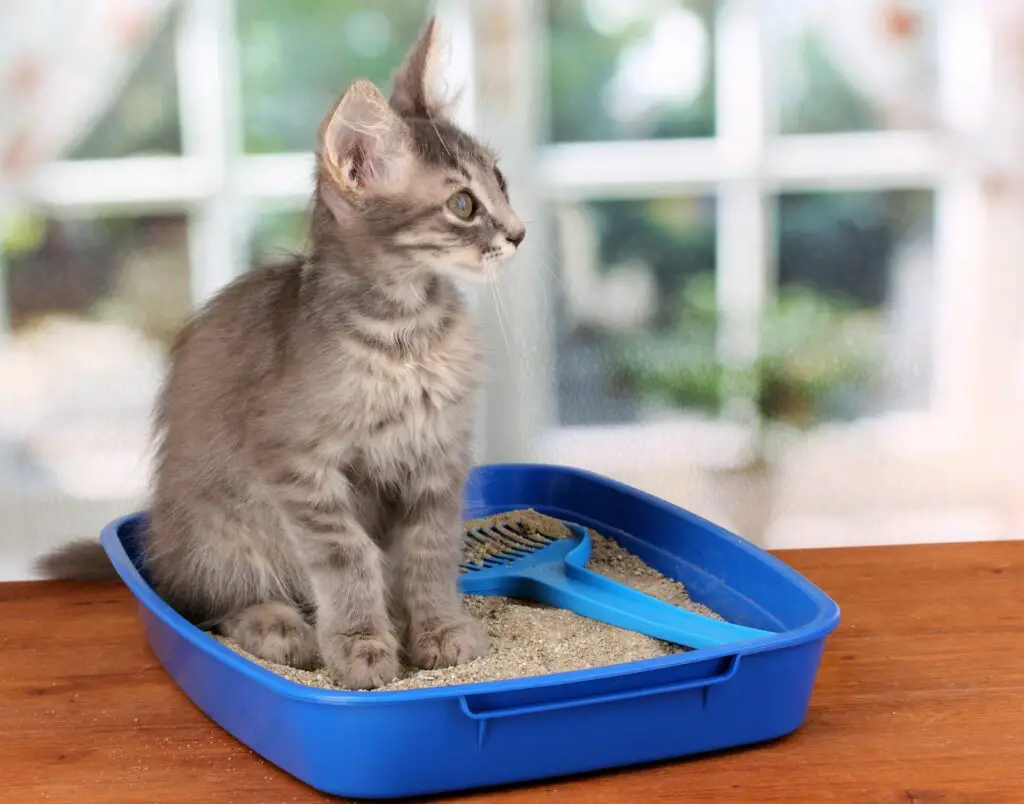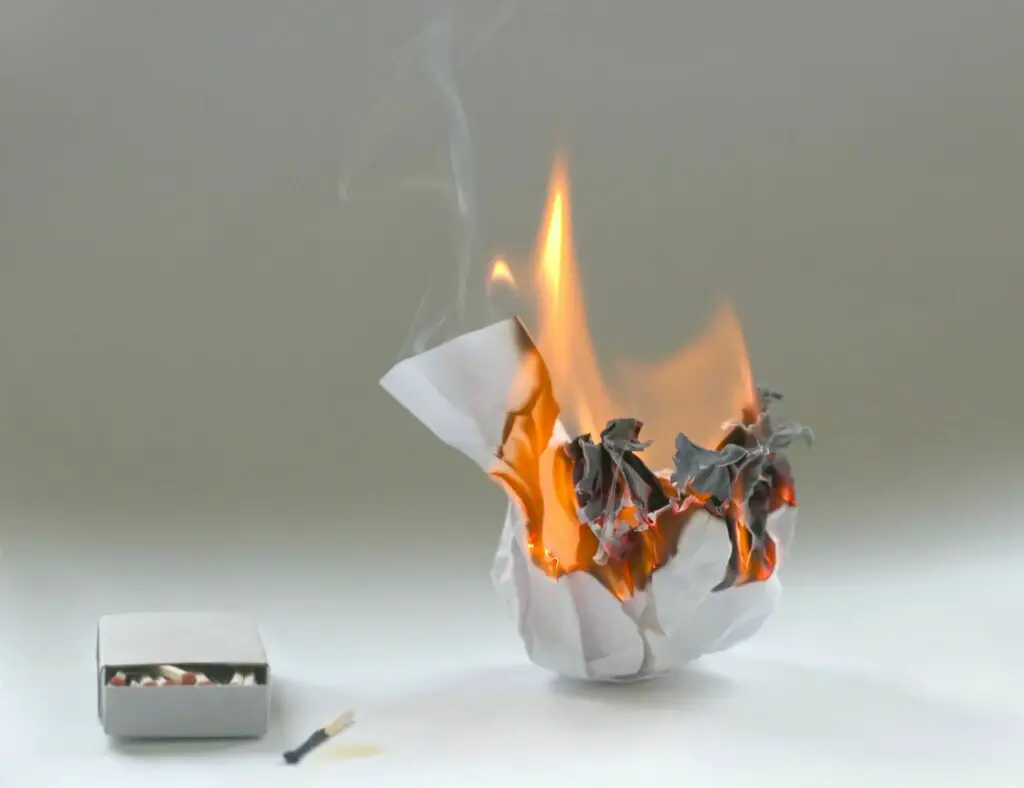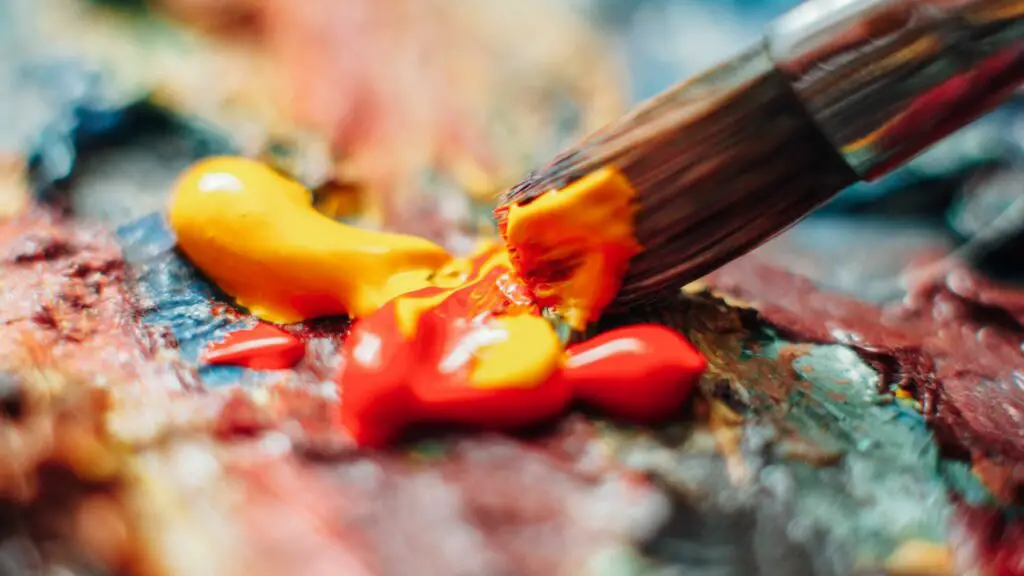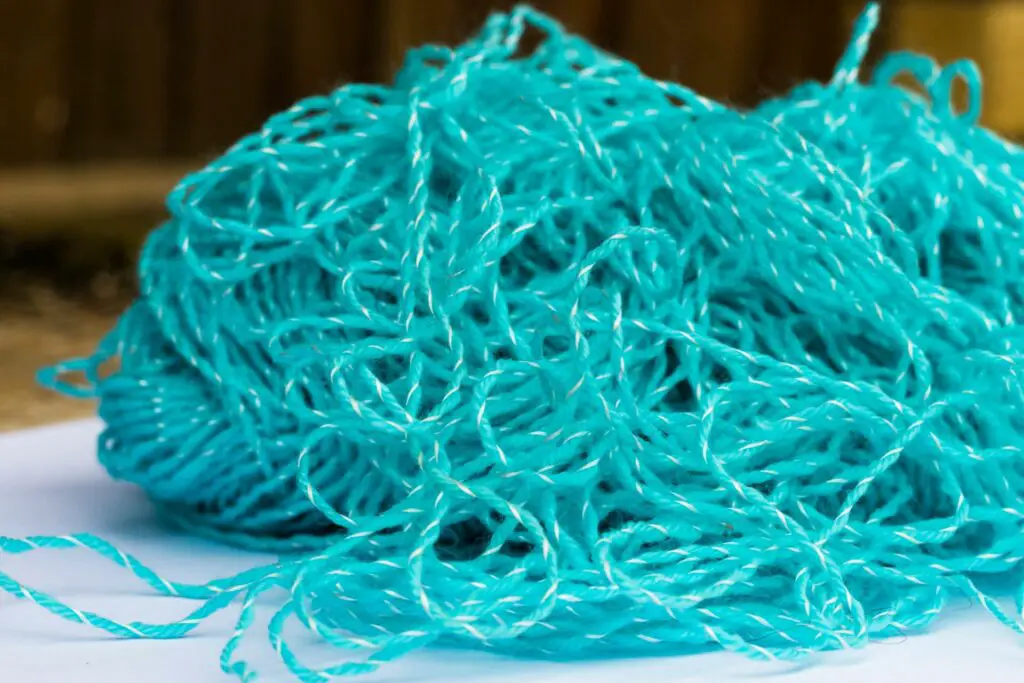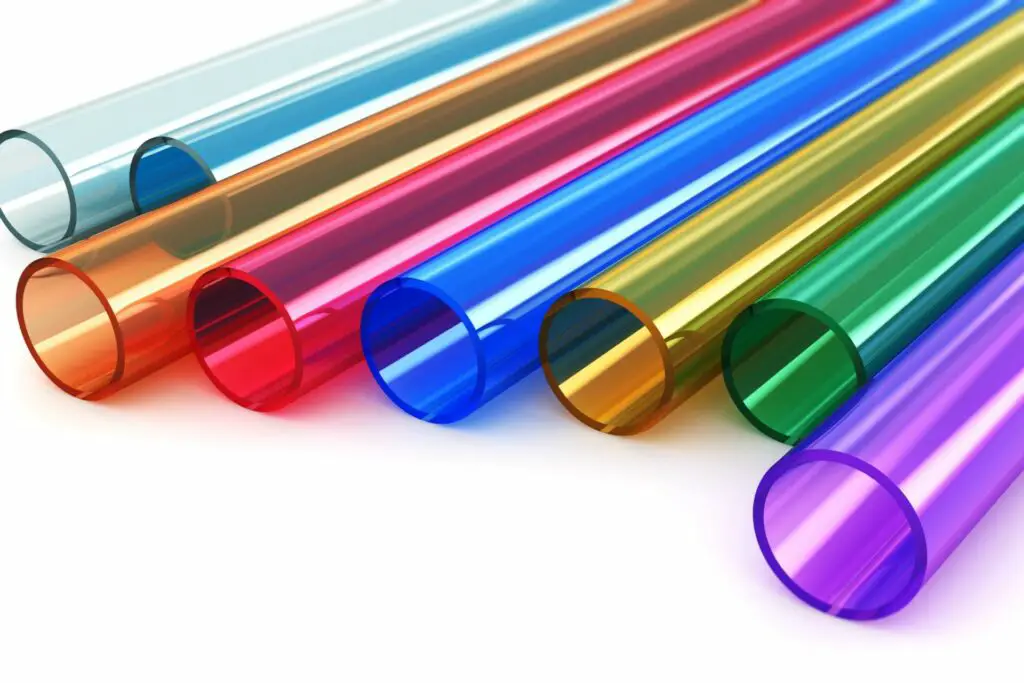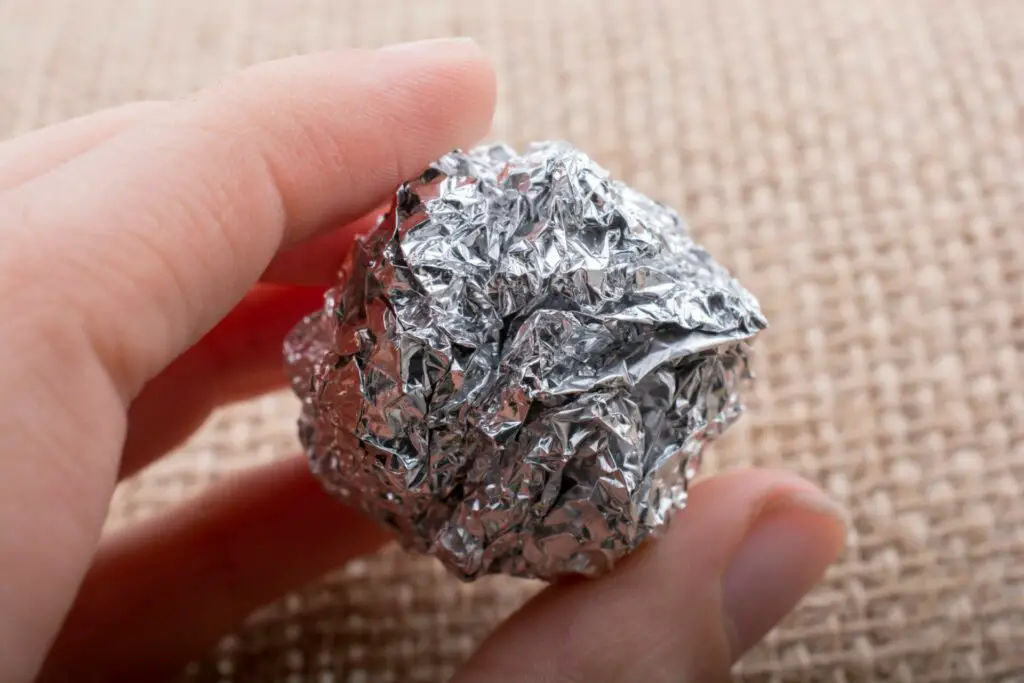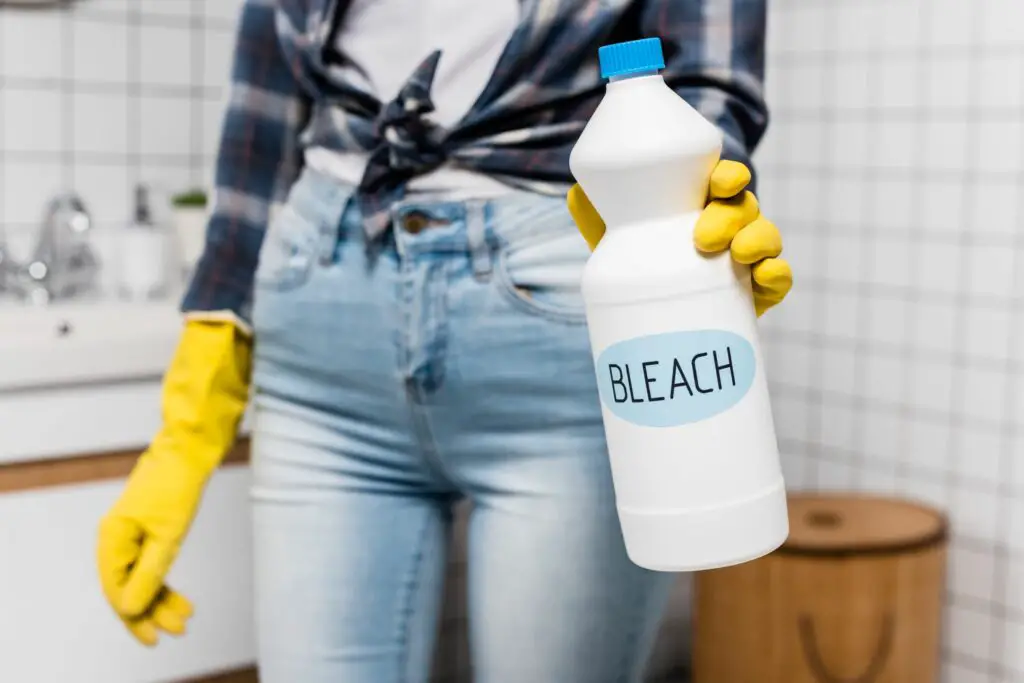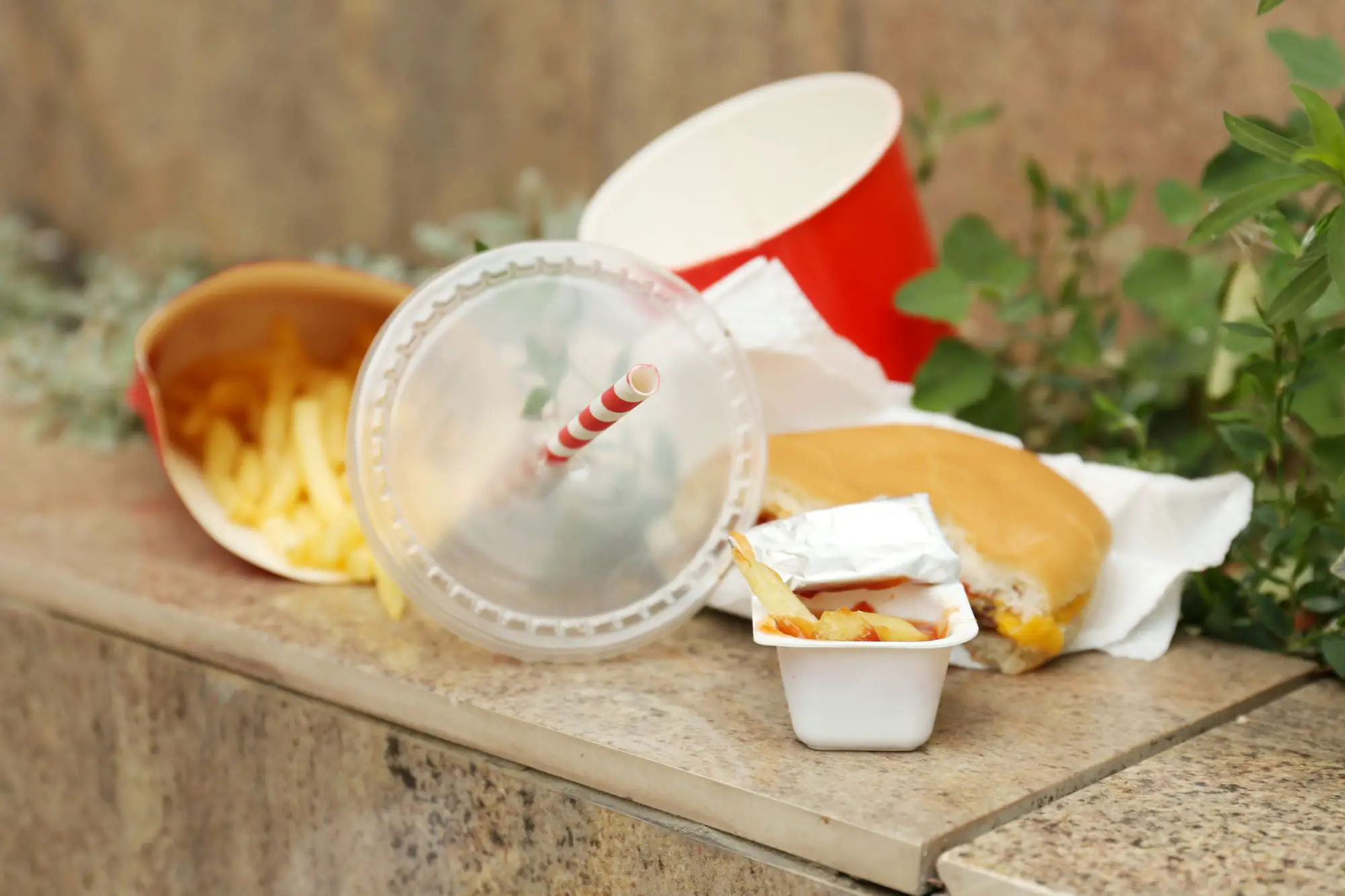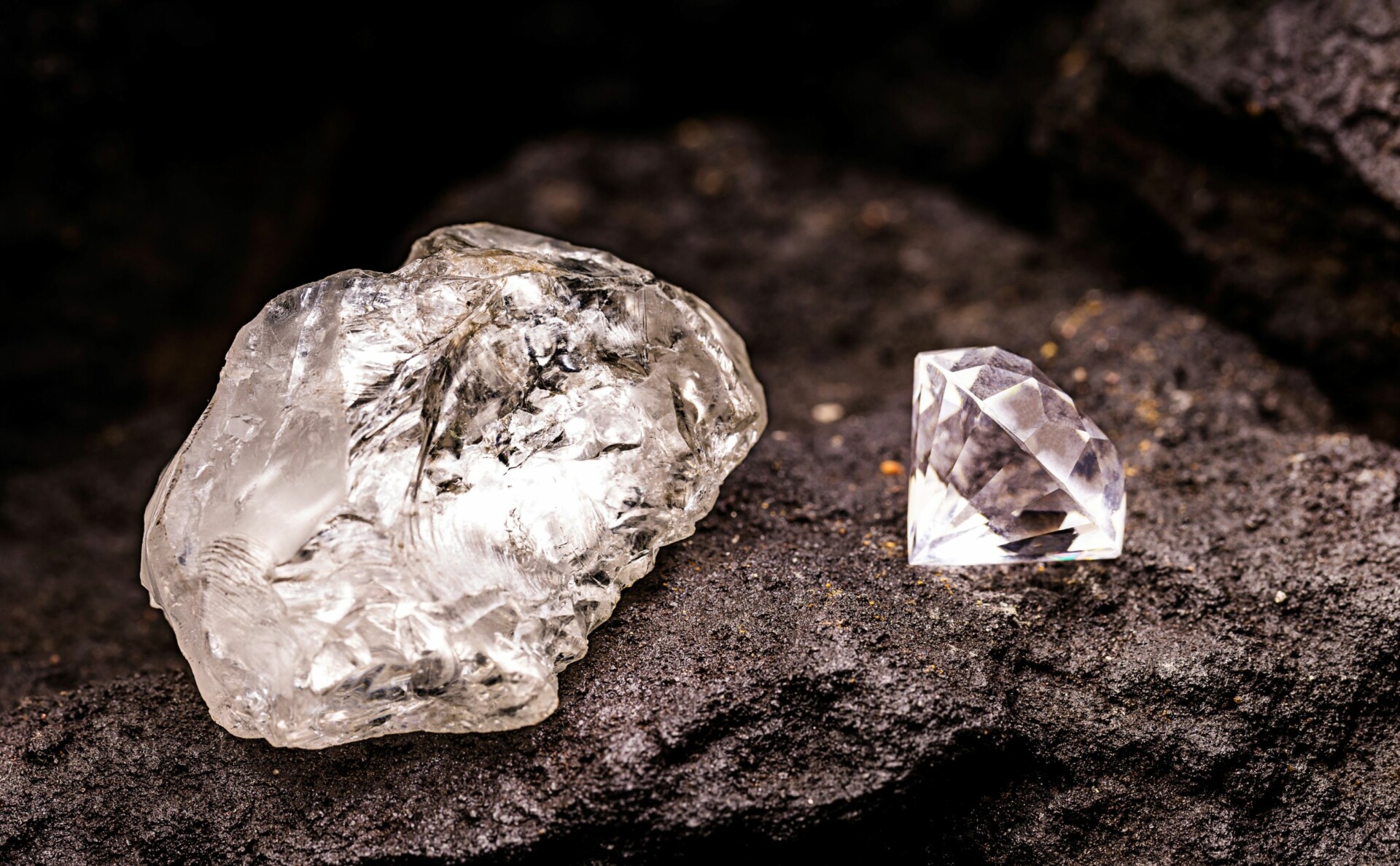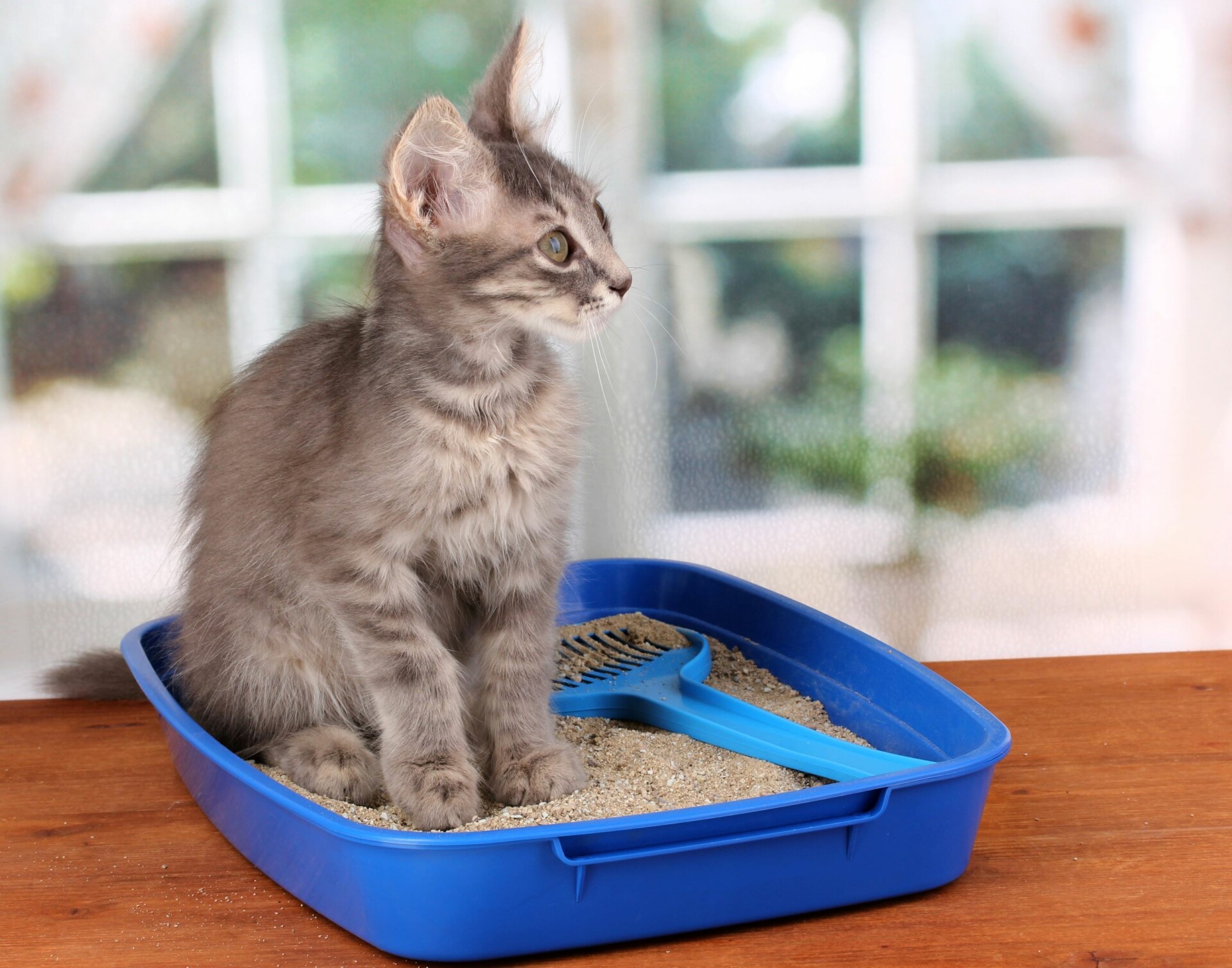There’s no denying that Q-tips are practical. They have all kinds of uses, such as cleaning our ears, applying or removing makeup, arts and crafts, etc.
Unfortunately, Q-tips are a single-use product, and a lot of people use at least one per day, but sometimes they use multiple.
So of course, we need to ask the question of whether or not Q-tips are eco-friendly as well.
The answer to this question is that Q-tips are made entirely from renewable resources, so they are more eco-friendly than cotton swabs made with plastic sticks. However, they are still single-use products which limits their eco-friendliness.
In this article, we’ll take a deep dive into the eco-friendliness of Q-tips to help you use them in the most eco-friendly way.
But before we do, please note that we’re talking mostly about Q-tip brand cotton swabs, not all cotton swabs. However, we have mentioned other cotton swabs occasionally as a basis for comparison for the Q-tip brand.
1. What Are Q-Tips Made For?
Before we get into whether or not Q-tips are eco-friendly, it’s important to look at what they are actually made for.
One of the most common reasons that people use Q-tips is to clean out their ears. However, this is not what they are intended for, and using Q-tips can be bad for your ears.
According to the Ears and Sinus Institute, using Q-tips to clean out your ears can push ear wax farther into your ear instead of removing it, which could affect your hearing over time.
Due to the fragility of your eardrum, using Q-tips can also puncture your eardrum if you stick the Q-tip too far into your ear. This can result in pain and possibly even surgery.
It’s also important to note that the makers of Q-tips never suggest that Q-tips should be used for cleaning out your ears specifically.
Instead, they suggest that Q-tips are designed to be used for makeup application and removal, arts and crafts, manicures, and cleaning tight spaces.
2. Are Q-Tips Bad for the Environment?
Q-tips are better for the environment than other types of cotton swabs.
This is mostly because Q-tips are made entirely from renewable resources and don’t contain plastic the way that other brands of cotton swabs do.
While all cotton swabs are made with cotton tips on each end, other brands are made with a plastic stick. The Q-tips stick is made with bonded paper and paperboard.
With that being said, although Q-tips are made with renewable resources, there are ways that they are still bad for the environment concerning how the materials used to make them are produced.
For example, cotton is a fairly sustainable crop – however, growing cotton does contribute to negative environmental impacts such as deforestation, pollution due to pesticides and fertilizer run-off, and soil degradation.
Making the paper that is used for the sticks also has negative environmental impacts.
Although some of the trees used for making paper are grown in managed forests, paper production still contributes to deforestation.
Paper production also relies on heavy energy use, which mostly comes from burning fossil fuels and heavy chemicals are used to process the wood and turn it into paper as well.
Burning fossil fuels contributes to air pollution through greenhouse gas emissions and using chemicals to process paper can result in water and soil pollution due to chemical runoff as well.
But again, Q-tips are still better for the environment than cotton swabs made with plastic sticks. This is because plastic is made from crude oil, which is a non-renewable resource.
And, crude oil has to undergo heavy processing as well to be turned into plastic, which results in air, water, and soil pollution in addition to not being renewable.
There are other benefits of Q-tips as well that make them better for the environment than cotton swabs made with plastic (more on that below).
3. Are Q-Tips Biodegradable?
One benefit of Q-tips over other types of cotton swabs is that they are biodegradable since they are made with paper and cotton instead of plastic.
Paper can take as much as 6 weeks to biodegrade, while cotton may take a few months. But the bottom line is that both of these materials will naturally return to the environment much faster than plastic.
Plastic can takes hundreds of years to decompose if it does at all, so even if the cotton part of plastic cotton swabs decomposes, the stick will not.
This is why Q-tip brand cotton swabs are the more eco-friendly choice. However, you still have to be careful with how you allow them to biodegrade.
For example, if you just throw Q-tips away with other trash and have them go to a landfill, they may not biodegrade as quickly as they are capable of.
Being trapped between other pieces of trash, or in a plastic trash bag, limits how quickly a Q-tip can biodegrade.
It may also cause the Q-tip to biodegrade anaerobically, which releases methane, a potent greenhouse gas into the atmosphere.
4. Are Q-Tips Compostable?
If you want to make sure that Q-tips biodegrade quickly and aerobically, which is better for the environment, then the best way to do so is by composting them.
A Q-tip can take between 1 and 5 months to decompose completely, depending on the conditions of the compost.
However, there are some caveats with composting Q-tips, and again, composting Q-tips only works if they are made from cotton and paper, not cotton and plastic.
When composting Q-tips, do not compost them if they contain any chemicals such as makeup remover, nail polish, or any type of chemical-heavy makeup.
You should only compost unused Q-tips or Q-tips that have 100% natural beauty products or ear wax on them.
Q-tips that are soiled with any type of chemical or makeup that contains chemicals, artificial dyes, fragrances, etc., should not be composted because doing so can contaminate the compost.
5. Are Q-Tips Recyclable?
Q-tips are not recyclable for several reasons. The first reason is that they are often soiled with products such as ear wax, makeup, and chemicals, which would contaminate the recycling stream.
Another reason is that they are made of two different materials, cotton, and paper, which would have to be separated to recycle them effectively.
A third reason is that the paper and cotton fibers would be too short to be used for making any other products.
The recyclability of Q-tips vs. other cotton swabs is one area in which neither has the advantage since cotton swabs made with plastic can’t be recycled either due to at least the first two reasons mentioned.
6. Are Q-Tips Reusable?
Q-tips that are made from paper and cotton are not reusable. They are designed to be a single-use product.
You also wouldn’t be able to get any products off of the Q-tip effectively. If you tried to wash a Q-tip and reuse it, it would lose its durability and the paper stick would start to disintegrate.
7. Are Q-Tips Made With Chemicals?
We mentioned this briefly before, but yes, Q-tips are made with chemicals. For starters, both the cotton and the paper used to make cotton are bleached to purify them.
Hydrogen peroxide is usually used to bleach cotton fibers, but chlorine bleach is usually used to bleach paper.
Chlorine bleach is toxic and harmful to the environment, especially to aquatic organisms and ecosystems.
Hydrogen peroxide is safer for the environment than chlorine bleach, but can still be harmful in high concentrations.
None, or not enough, of these chemicals remain in finished Q-tips to cause harm to humans or compost as a result of composting them.
However, the main hazard comes in the production of the materials used to make Q-tips and the soil and water pollution that may result due to chemical runoff.
There are other chemicals used in the pulping process of making paper. There are also chemical adhesives used to attach the cotton to the stick part of the Q-tip.
Again, these chemicals don’t pose much risk to humans as long as the Q-tips are used correctly. The bigger threat to the environment comes in the form of making the Q-tips in the first place.
8. Are Q-Tips Sustainable?
Q-tips are made from renewable resources, which makes them more sustainable than cotton swabs with plastic sticks.
However, Q-tips are not entirely sustainable since they are single-use products that can’t be recycled.
Composting or biodegradation can help make them more sustainable, but remember that there are limitations to these disposal methods as well when it comes to Q-tips.
9. Are Q-Tips Flushable?
Q-tips are not flushable. The cotton and paper that are used to make them aren’t designed to break down in the water the way that toilet paper does.
You may think that flushing one or two of them isn’t enough to cause any significant harm, but the reality is that bathroom pipes aren’t that wide and even a couple of Q-tips can get lodged in the pipes and cause blockages.
The chances of blockage only increase when you flush every single Q-tip that you use, which can lead to expensive repairs over time.
10. Are Q-Tips Tested on Animals?
Q-tips are made by the Unilever company. Unilever states that they do not use animals to test any of their products and that they use modern scientific alternatives instead.
PETA lists Unilever as a company that is “working toward regulatory changes to reduce the number of animals used for testing.”
11. How to Dispose of Q-Tips Properly
The best way to dispose of Q-tips is to compost them, provided that they don’t have any chemicals or any other substance on them that could potentially harm your compost.
If you can’t compost them, the only other way to dispose of them is to throw them away.
They will go to a landfill, but you don’t have many other options since they are not recyclable, reusable, or flushable.
2 Eco-Friendly Cotton Swab Brands
Q-tips are more eco-friendly than cotton swabs that are made with plastic sticks.
However, even paper sticks have their disadvantages due to the way that paper is produced.
A better alternative to both cotton swabs with paper and plastic sticks is cotton swabs with bamboo sticks.
Bamboo does come with some environmental concerns of its own, including deforestation and the use of pesticides despite bamboo not needing pesticides to grow.
However, bamboo is the fastest-growing plant on Earth and as a result, it is more sustainable than the trees used to make paper. It’s biodegradable and compostable as well.
With that being said, here are some brands that make eco-friendly Q-tips made from cotton and bamboo.
1. Humble Earth Co.
Humble Earth Co. works only with vendors that use ethical and sustainable manufacturing processes to produce their bamboo and cotton.
They also donate 1% of each order to wildlife conservation and use recyclable materials and no plastic for shipping.
The box for the cotton swabs is biodegradable and compostable as well.
2. Well Earth Goods
Well Earth Goods also makes their cotton swabs out of cotton and bamboo. They are packaged in recycled kraft paper and the packaging can be recycled again or composted.
Although the cotton swabs themselves are not recyclable, they are biodegradable and compostable.
2 Eco-Friendly Alternatives to Q-Tips
Remember that Q-tips are more eco-friendly than cotton swabs made with plastic sticks.
However, they are still single-use products and they still use plastic in their packaging. There are a couple of better alternatives.
1. Reusable Swabs
Reusable swabs are typically made from plastic and silicone, so the raw materials used to make them are not necessarily more eco-friendly than Q-tips.
However, these swabs are designed to be washed and reused over and over again since they are more durable, and they can cut down on waste as a result.
One reusable swab brand, in particular, is LastSwab which is made from recycled plastic and is designed to replace 1,000 single-use cotton swabs.
2. Bamboo Cotton Swabs
We already mentioned that bamboo still has its environmental downsides and is still single-use.
But when you look at the fact that bamboo is a faster-growing plant and bamboo cotton swabs are usually packaged in recycled and biodegradable materials, they have more eco-friendly benefits than Q-tips.
Conclusion
When it comes to cotton swabs, Q-tips are a better eco-friendly option than most other cotton swab brands since Q-tip cotton swabs are made from renewable and sustainable materials and include no plastic.
However, being a single-use product still contributes to a lot of waste, especially since there are certain instances in which Q-tips can’t be composted, and they aren’t recyclable either.
With that being said, there are no other cotton swab brands that aren’t single-use, but one option that is more eco-friendly than Q-tips is cotton swabs made from bamboo.
You can also make Q-tips more eco-friendly by limiting how many you use, or you can switch to reusable swaps that can be washed off and reused over and over again and eliminate single-use swabs entirely.
You Might Also Like…
- Is Fast Food Bad for the Environment? (& What You Can Do)
- Is Fabric Softener Bad for the Environment? (+5 Eco-Friendly Options)
- Is Fuel Dumping Bad for the Environment? (& How Often It Happens)
- Is Electricity Generation Bad for the Environment? (What You Should Know)
- Is Dry Cleaning Bad for the Environment? (4 Surprising Facts)
- Is Diamond Mining Bad for the Environment? (Important Facts)
- Is DEET Bad for the Environment? 4 Effects (You Should Know)
- Is Cat Litter Bad for the Environment? (5 Common Questions)
- Is Burning Cardboard Bad for the Environment? (6 Facts)
- Is Burning Paper Bad for the Environment? (6 Surprising Facts)
- Is Burning Leaves Bad for the Environment? (7 Quick Facts)
- 4 Natural Cleaners for Quartz Countertops
- 6 Eco-Friendly Acrylic Paint Brands (For Sustainable Artists)
- 5 Eco-friendly Alternatives to Acrylic Paint (& How to Make Them)
- Is Acrylic Paint Bad for the Environment? (7 Quick Facts)
- Is Acrylic Yarn Bad for the Environment? 8 Crucial Facts
- Is Acrylic Bad for the Environment? (8 Quick Facts)
- Is Aluminum Foil Bad for the Environment? 7 Quick Facts
- Is Bleach Bad for the Environment? 6 Crucial Facts
- Is Lithium Mining Bad for the Environment? 6 Crucial Facts

